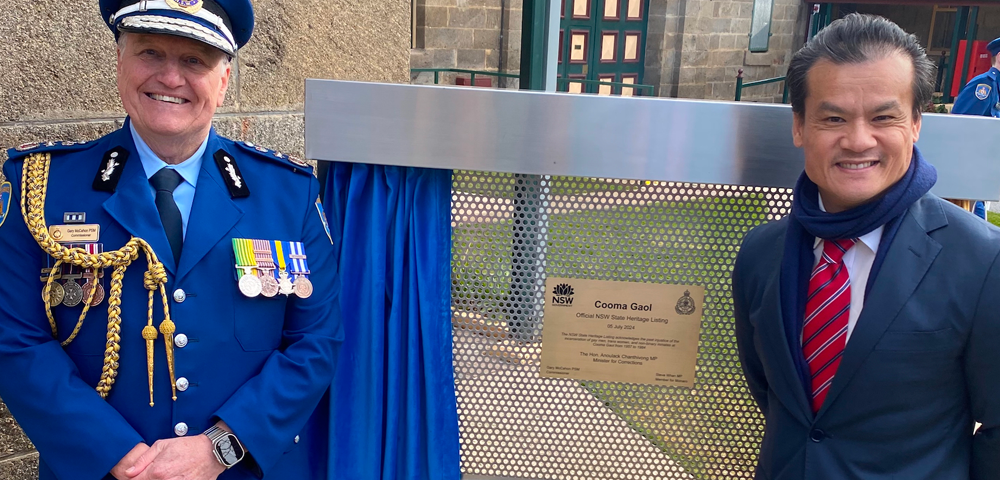
Trany Marriage Appeal
After two days of submissions, family court judge Sally Brown has retired to decide whether the marriage between transsexual Kevin (not his real name) and his wife Jennifer should be recognised.
In a landmark case last October, Justice Chisholm found that the celebrant-officiated marriage between Kevin and Jennifer should be legally recognised because it was generally accepted that Kevin identified as a man, was perceived to be a man by numerous character witnesses and on his passport, birth certificate and driver’s licence.
The Attorney-General Daryl Williams applied to have the decision reversed because it contravened elements of the Marriage Act 1961 which assert that marriage is between a man and a woman, and that a man, for the purposes of the Act, is somebody born with male genitalia, gonads and chromosomes.
The Human Rights and Equal Opportunity Commission was given permission to intervene in the case and argued that the case has standing under international law and that non-discrimination, together with equality before the law and the equal protection of the law without any discrimination, constitutes a basic and general principle relating to the protection of human rights.
Kevin was born female (Kimberly) in 1965. In 1998 following hormone treatment and a complete hysterectomy, he was granted a new birth certificate which recognised him as male. Kevin and Jennifer met in 1996 and a year later, Jennifer gave birth to a son through assisted reproductive technology.
Henry Burmester, QC for the Attorney-General, submitted that the case was a matter for Parliament, not the Family Court, and that it was chromosomes, gonads and genitalia at birth which determined a person’s sex, not changing social mores. For HREOC, John Basten QC stated that since the formation of the Marriage Act in 1961, recognition of cultural and ethnic diversity is far better and more widely appreciated today and that the term family should be given a broad interpretation.
A decision is expected later this month.









